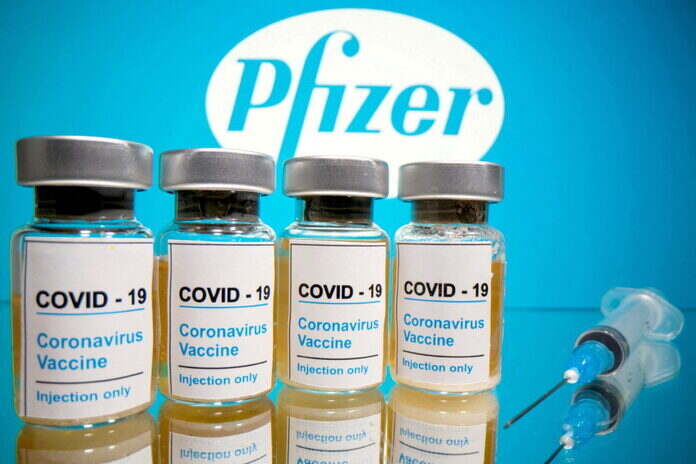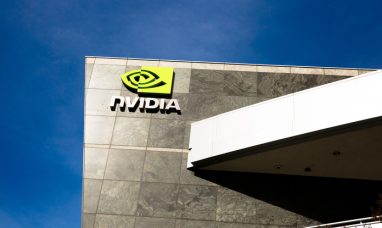Pfizer (NYSE:PFE) has revealed its plans to implement a cost-cutting initiative if demand for its COVID-19 products continues to fall short of expectations during the upcoming autumn. The announcement came after the sales of the vaccine and the pill slumped during the second quarter.
The pharmaceutical company anticipates that 2023 will mark a low point for COVID-related product sales, following the windfall gains experienced at the peak of the pandemic, with a potential return to growth expected next year.
In preparation for a likely rise in infections during the fall season and the United States shift from government contracts to a commercial market for these products, Pfizer expects more clarity regarding COVID revenue in the second half of the year.
According to CFO David Denton, if Company’s COVID-19 revenues are less than what is anticipated, Pfizer is prepared to launch an enterprise-wide cost improvement program.
During the second quarter, sales of the COVID-19 vaccine, Comirnaty, declined by 83% to $1.49 billion, slightly surpassing analysts’ estimates of $1.40 billion. Meanwhile, revenue from its antiviral treatment, Paxlovid, experienced a sharp 98% drop to $143 million, significantly lower than the projected $1.08 billion.
Due to these developments, Pfizer adjusted the upper end of its annual revenue forecast, reducing it by $1 billion to $70 billion.
Apart from the challenges posed by the decline in COVID product demand, Pfizer is also dealing with issues such as damage caused by a tornado to its Rocky Mount facility, a narrower-than-expected recommendation for its RSV vaccine, and concerns that its recently approved cancer drug, Talzenna, may reach a smaller patient population than initially anticipated.
Furthermore, the company is preparing for upcoming competition from cheaper generics for many of its top-selling drugs and has taken measures to respond to this by making significant acquisitions. One such acquisition includes the $43 billion deal for cancer therapy specialist Seagen (SGEN.O).
In the second quarter, Pfizer’s total revenue fell by 54% to $12.73 billion, missing Refinitiv’s estimates of $13.27 billion. However, after certain items were removed, Pfizer reported a profit of 67 cents per share, surpassing analysts’ expectations of 57 cents.
In early trading, the company’s shares experienced a marginal decline, reaching $35.9.
Featured Image: Megapixl















